Rosalba Mazzotta, is a graduate of Campbell High School (2020) and currently a 3rd-year Biochemical Engineering student at the University of Georgia who intends to pursue a Double Dawgs accelerated master’s in Biochemical Engineering researching the combustion of Biofuels under Dr. Brandon Rotavera. She serves as president of the UGA Chapter of the American Institute of Chemical Engineers (AIChE), and as a College of Engineering student ambassador. In 2022, she worked as a decarbonization intern at General Electric- Gas Power. During high school Rosalba participated in several of 21CL programs. “I want to say that the school you go to doesn’t matter as much as what you do there. What does matter most is the community that you build and what you do with them. Finding a place where you can grow and have access to opportunities is very important.” ~Rosalba’s advice to high school students
Paint a brief picture about yourself and what you are doing now.
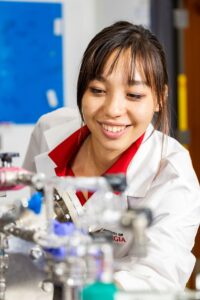
I am a 3rd-year Biochemical Engineering student at the University of Georgia. I intend to pursue a Double Dawgs accelerated master’s in Biochemical Engineering researching the combustion of Biofuels under Dr. Brandon Rotavera. I serve as president of the UGA Chapter of the American Institute of Chemical Engineers (AIChE), and as a College of Engineering student ambassador and in 2022, I worked as a decarbonization intern at General Electric- Gas Power.
When were you in high school and which 21CL programs did you participate in?
I graduated from Campbell High School in Smyrna (2020) and during my high school years, I participated in several 21CL programs including: the Summer Youth Leadership Institute at Goizueta School of Business-Emory University in 2017, the Fall Summit-Leadership exCHANGE of 2018 and Goizueta Youth Leadership Summit in 2020.
How has your career unfolded and how did participating in 21CLhelp prepare you for your next steps going to college, taking on a new leadership role in community/college and after?
21CL taught me about the importance of mentorship. When I started going to UGA, the first thing that I did was register for the Mentor Program and join AIChE. My mentor worked for GE so in addition to receiving guidance on surviving my degree program, I learned more about the culture, and thanks to her influence I applied to my first internship there. At GE, I had to use several skills that I started to cultivate at SYLI- the biggest one is networking and talking to adults. My role and these skills put me in contact with people as important as one of the Vice Presidents for GE-Gas Power Americas who now knows my name AND my face.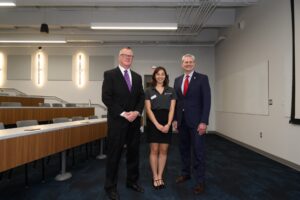
What’s your memorable or ‘aha’ moment during your time at 21CL? (Particular program, meeting a professional and diverse peer, speaking in public for the first time, etc.?)
My most memorable moment from 21CL is the Business Case Study competition during the 2020 Winter Summit also known as Goizueta Youth Leadership Summit, I won a mug from earning third place with my team- how could I forget it? More than that, 21CL gave me a chance to practice problem-solving working with absolute strangers. During this training, I found out that I like the process of putting together a solution and figuring out how to present it. I’m not job-hunting yet, but when I get there I will be looking for a job where I can combine my passion for public speaking with technical knowledge.
Did 21CL assist you in developing a leadership style that makes you an effective leader? if so, how? And have you recently learned something else about leadership? Please share!
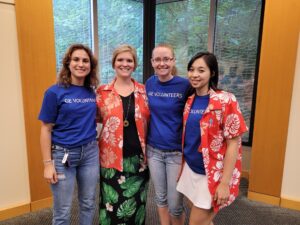 The most important thing about leadership that I learned during 21CL trainings and as a type-A person was to make space for quieter people. I have no problem speaking up, and in a group of people it is easy to lose the contributions of quieter people. I do my best to give others the space to talk and it has resulted in some great ideas!
The most important thing about leadership that I learned during 21CL trainings and as a type-A person was to make space for quieter people. I have no problem speaking up, and in a group of people it is easy to lose the contributions of quieter people. I do my best to give others the space to talk and it has resulted in some great ideas!
What advice would you give to a current or future student?
With college admissions coming up, I want to say that the school you go to doesn’t matter as much as what you do there. What does matter most is the community that you build when you get to college and what you do with them. Finding a place where you can grow and have access to opportunities is very important. I however know that there are many things I would not have done if I were at a different school. Also, if you’re into science and engineering, visit UGA college of engineering for a tour!
How would you describe 21CL in three words?
Inspiring, dedicated, interesting
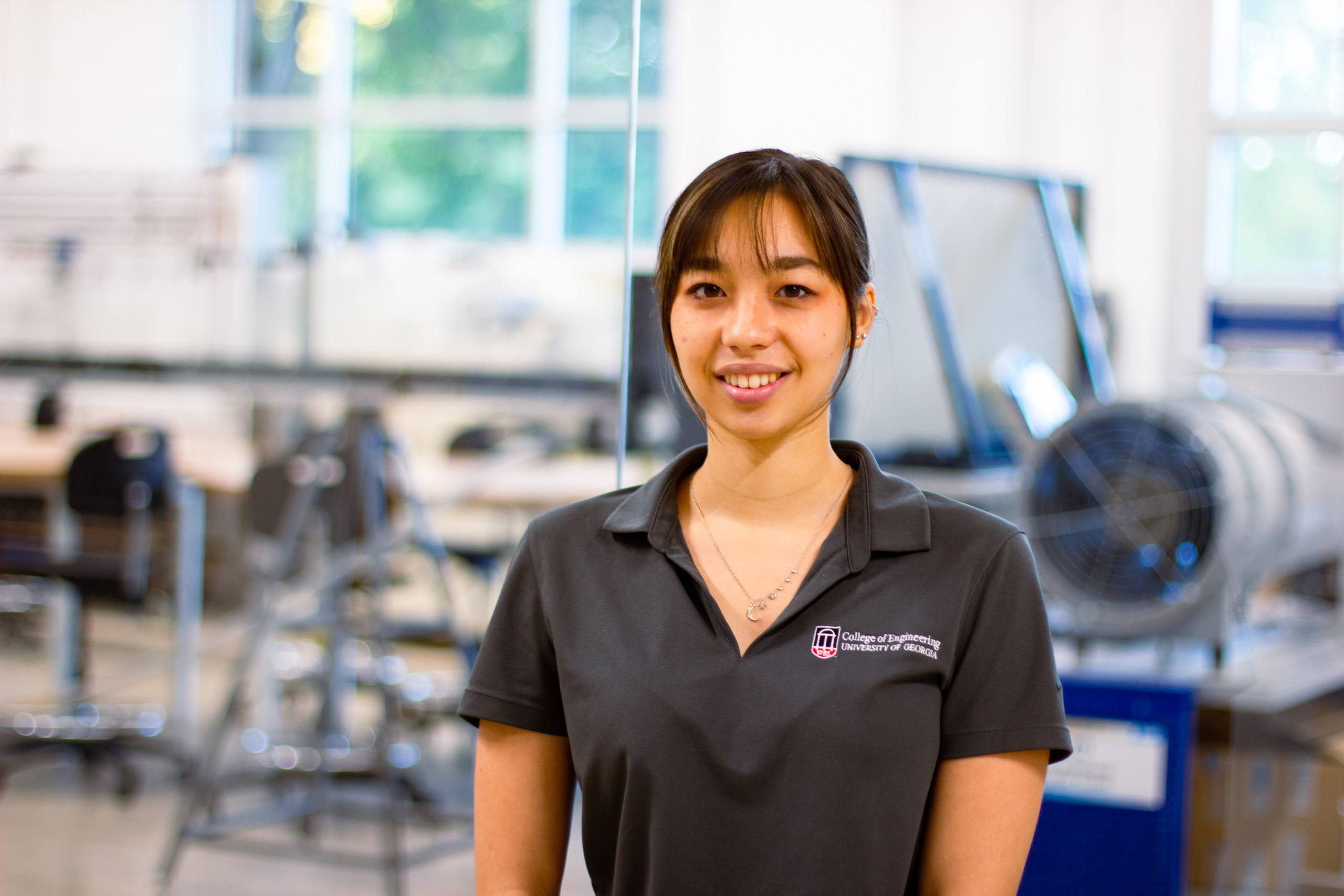
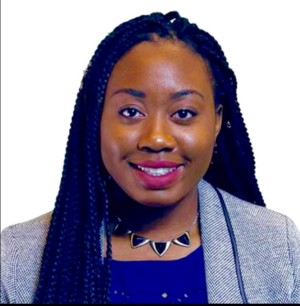
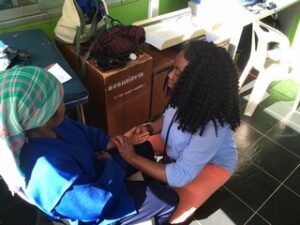 How did participating in 21CL transform you and lead you to where you are now?
How did participating in 21CL transform you and lead you to where you are now?